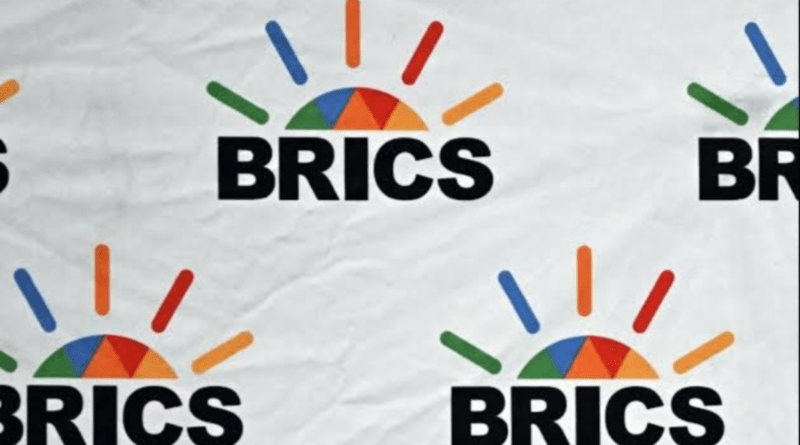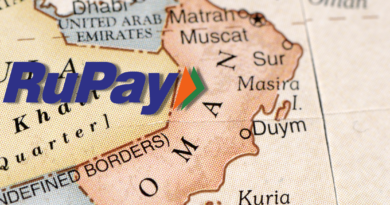Exclusive in the World: De-dollarization may now be quickened if BRICS countries adopt a payment mechanism instead of SWIFT.
The BRICS bloc, led by Russia, is discussing the creation of a new payment system that is independent of the dollar and managed by other countries.
A mechanism like that might hasten the de-dollarization process.Originally consisting of Brazil, Russia, India, China, and South Africa, BRICS is an alliance for economic cooperation.
The bloc grew to include Saudi Arabia, Egypt, the United Arab Emirates, Iran, and Ethiopia as of January 1, 2024.Interest in joining the BRICS has been shown by more than 40 other countries.The total population of the enlarged BRICS is close to 3.5 billion. With combined GDPs of over $28.5 trillion, the BRICS countries account for about 28% of the world economy.
Additionally, the BRICS countries make up roughly 42% of global crude oil output.In January 2024, Russia became the bloc’s chairman.
Elvira Nabiullina, the governor of the Central Bank of Russia, stated earlier this year that Russia is spearheading talks with the other BRICS nations to create a payment system that would replace the existing one.The Society for Worldwide Interbank Financial Telecommunication (SWIFT) system currently facilitates the majority of international transactions.Essentially, SWIFT acts as a “superhighway” to facilitate international trading. It functions as a global financial messaging platform that makes cross-border payments easier.
According to the SWIFT website, value is moved throughout the world through SWIFT.The worldwide dollar system is efficiently facilitated by SWIFT, as the dollar functions as the global reserve currency.
The United States has previously employed SWIFT and the dollar as a stick to further its objectives in international relations. The Obama administration severed ties with Russia in 2014 over Ukraine and Crimea, resulting in the exclusion of multiple Russian financial firms from SWIFT.
A few years later, China was blackmailed by the Trump administration in an effort to persuade it to impose sanctions on North Korea.Not surprisingly, nations with less than cordial ties to the US might choose to steer clear of relying on a system that demands US funds and approval from the US government.A BRICS substitute for the USD payment system To rival SWIFT, Russia has developed its own payment system. After Russian banks were initially denied access to SWIFT by the United States, the Russians started working on the System for Transmitting Financial Messages (SPFS) in 2014.
Twenty-three international banks will be linked to the SPFS by the end of 2020. Although they include banks in Germany and Switzerland, the majority of these banks are located in developing nations and those with tense relations with the United States.
Nabiullina reports that there are 159 foreign participants in 20 nations at the moment for the SPFS.Nabiullina noted earlier this year that “similar infrastructure exists in other countries” in her announcement.One such system is the Cross-Border Interbank Payments System (CIPS), which was created in China.
Russia hopes to create a potent SWIFT substitute by integrating these systems throughout the BRICS nations.A scheme like that might increase the value of gold in the global monetary system.
The BRICS nations possess vast amounts of gold.
The official gold reserves held by the BRICS countries have increased from a little over 1,500 tons to slightly over 6,600 tons since shortly before the 2008 financial crisis.According to one researcher, gold might replace the dollar as the BRICS countries’ primary medium of exchange, despite considerable mistrust regarding the use of each other’s currencies.




